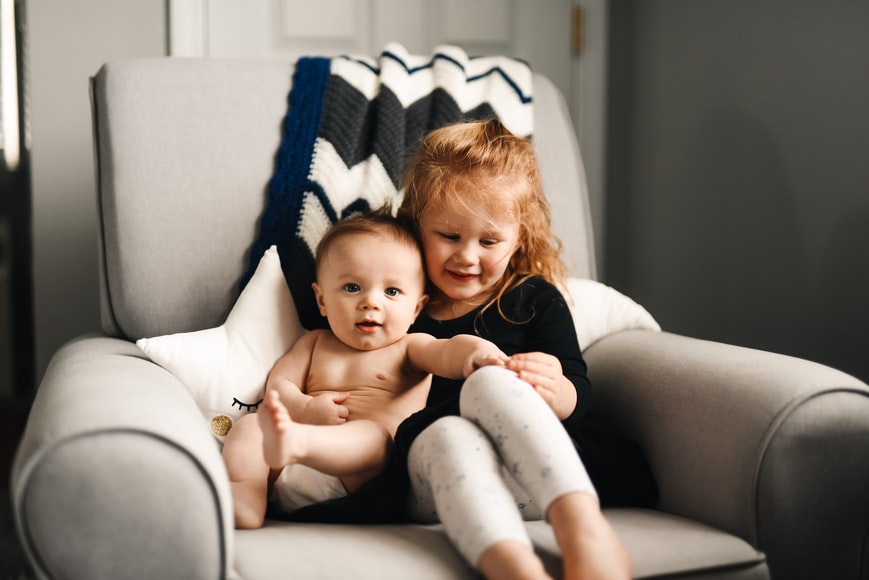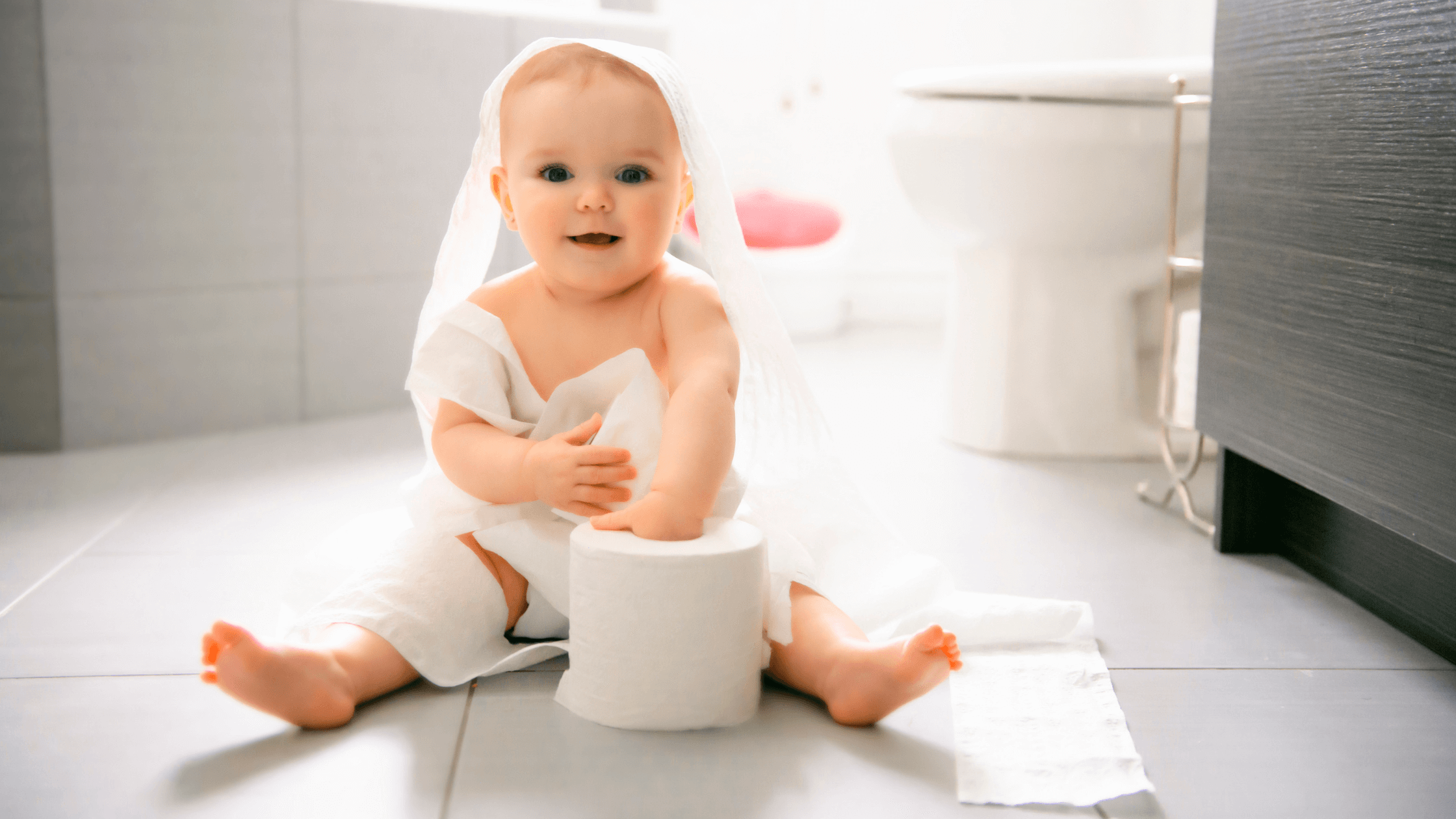There’s no question, managing the demands of a toddler can test the patience of the most chilled of parents. Add a new baby to the mix, and you’ll find yourself dealing with a whole new set of demands. You don’t need us to tell you that having two young children equals double the feeding requirements, double the attention needs and sometimes, and thankfully only sometimes, double the tantrums and stress!
For some parents getting out and about with children of this age can be daunting, overwhelming, and downright exhausting. Helping a two-year-old adjust to a new baby and finding activities that suit both children can prove near on impossible, and the distant memory of your maternity leave with just one child filled with mum and baby classes and coffee with your NCT friends probably seems like a walk in the park in comparison. If this is you, we've put together these helpful hints on managing the competing demands of a toddler and baby when you are out and about to make your next item a little more manageable.
Have a toddler survival kit on hand
Newborns feed and sleep a lot. This means they will spend a lot of time snuggled up in the warmth of your arms and attached to you while feeding or nursing. This can be tedious for an active toddler when they want you to engage and play. One of the greatest tips I was ever given is to pack a small bag filled with snacks and activities when going outside that only gets brought out when you need to feed or comfort the baby. These can be filled with simple crafts, colouring, toys or games that will buy you a half-hour of feeding time without your big boy or girl feeling put out. You can apply the same idea at home but have a box of independent play toys you can point your toddler towards if you get stuck under a baby for an extended period.
Adjust Your Routine
Establishing a routine with a newborn doesn’t seem like such a challenge with one child. You can schedule naps around baby classes and do your housework and meal prep during quieter periods. But when you throw another child into the mix and your routine is likely to be turned on its head. But, you’ll find a way to prioritise what needs doing to make sure your babies are taken care of. If it means baby naps while at a toddler group instead of at home like you did with your first, that’s fine. If it means you only get time to wash up or hoover once a day instead of after every meal, that’s ok too. Choose your battles, and don’t stress over the small stuff. It’ll get done. Naturally, you’ll fall into a pattern and routine that works for your family.
Embrace Babywearing
Toddlers love to play, and if you have a newborn that just doesn’t want to be put down, babywearing could well make your life easier. You’ll have two hands to get more involved in your toddlers' play or help them with any activities, and your newborn will feel safe and secure being next to you. Babywearing isn’t only convenient for playtime. It’s also great for getting things done around the home and for helping your toddler when they reach that potty-training milestone, as you’ll have two hands-free to help them quickly at those critical moments!
Keep Your Older Child Involved
When you have two children, the mum guilt becomes very real. But, even if you can’t get down and play, toddlers love to get involved. If the baby is particularly restless, give your older child some responsibility, ask them to fetch nappies, wipes and their baby sibling favourite toy. Get them to join in with comforting the baby by stroking them gently or singing a favourite nursery rhyme. If your toddler likes to draw, ask them to draw a picture to cheer the baby up. These small tasks make toddlers feel valued and involved with the care of the baby. Some children also love having their own baby doll to mimic taking care of their baby brother or sister just like mummy or daddy.
Don’t Fret Getting Out
If you are finding managing the demands of your baby and toddler tough at home, the thought of going outside might be daunting. However, it’s amazing how getting out for a leg stretch and a bit of fresh air can boost your mood and make everything seem manageable again. To make getting out easier, keep a going out bag stocked at all times so you can make a quick escape from home without too much stress. We would suggest including the following:
- Nappy changing kit for your newborn, including nappies, wipes, and nappy bags.
- A lightweight change of clothes for both children, for those potty accidents or poonamies!
- Feeding items for both children (and you). This could include bottles, breast pads, muslins for the little one and some easy snacks for your toddler, fruit, biscuits, raisins or bars.
- A folding Travel Potty for your toddler if they have started their potty training journey for those urgent moments.
- Water to keep you and your toddler hydrated.
- A small craft or toy to busy your toddler if you need to sit and feed the baby.
Keep Perspective
Managing two small children whilst sleep deprived is a challenge. There will be days when your routine feels like a well-oiled machine and others where it feels like just getting everyone fed and to bed is your only achievement. Sometimes your house is a mess, and you can’t keep up with everyone's demands and your life admin. But your children are only small for such a brief period, embrace the craziness and never be afraid to ask for help when you need it. You are doing great.


